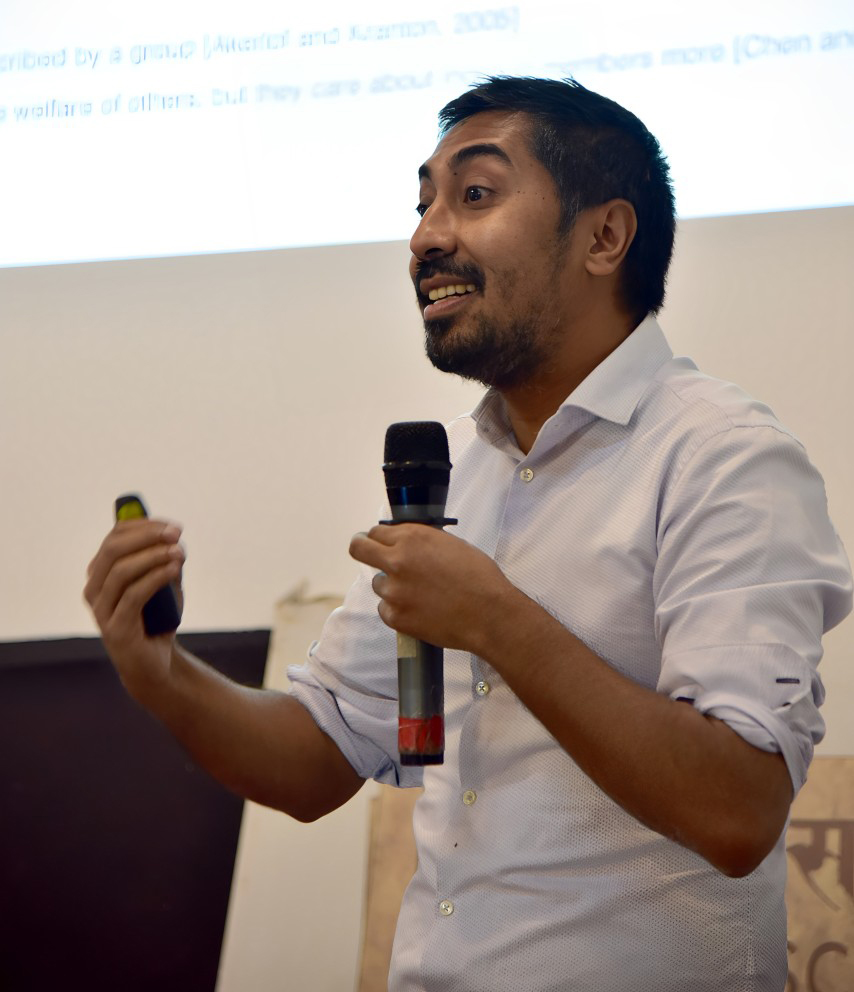Lecture Series
Ethnic Bias, Migration, and the Formation of New Social Identities among Returnees in Nepal

Slesh A. Shrestha
on
Ethnic Bias, Migration, and the Formation of New Social Identities
among Returnees in Nepal
Nepal emerged from a prolonged civil conflict that was in part rooted in and fuelled by ethnic tensions and differences and still faces the uphill task of institutionalising federalism to address exclusion and inequalities. One upshot of the conflict was the acceleration in migration for work that sees thousands of leaving Nepal every year. Now, return migrants constitute a significant portion of Nepal’s population, comprising young men, in particular, from diverse ethnic backgrounds.
Drawing on artefactual field experiment, this lecture sheds light on how the migration experience impacts ethnic tensions among return migrant workers. The subjects included 633 male Nepali migrant returnees from one of two broad ethnic categories—Bahun-Chhetri and Janajati. In the experiment, the subjects played several public goods and dictator games either with members of their own ethnic category or with members of the other group. In order to study the effect of migrancy, half of the subjects were primed with a ‘migrant identity’ before playing the games. The findings demonstrate a baseline in-group bias in subjects’ altruism, belief, cooperation, and trust towards third-party arbiters (punishers). These co-ethnic biases are eliminated when primed with the migrant identity. Additionally, subjects were more inclined to trust third-party arbiters from different ethnic groups if they received the migrancy prime. These findings suggest that the migration experience creates a unified social identity that can be leveraged to overcome prevailing ethnic divisions.
* * *
To listen or download lecture in audio format
Slesh A. Shrestha is an independent researcher based in Kathmandu, Nepal. He holds a PhD in economics from University of Michigan. He previously worked as an Assistant Professor in the Department of Economics at the National University of Singapore from 2012 to 2020. His research intersects across three key thematic areas of economics: labour migration, ethnic inequality, and governance of infrastructure and public programmes—with an overarching emphasis on economic development and poverty reduction. He has published several articles, op-eds, and policy papers related to these areas. Most recently, he conducted a labour survey of return migrants in Nepal, designed interventions that improve labour outcomes among migrant workers in Singapore, examined the effects of political institutions on the formation of social identities and ethnic cohesion in Nepal, and implemented field experiments on incentivising aid workers and political leaders in Pakistan and India.

